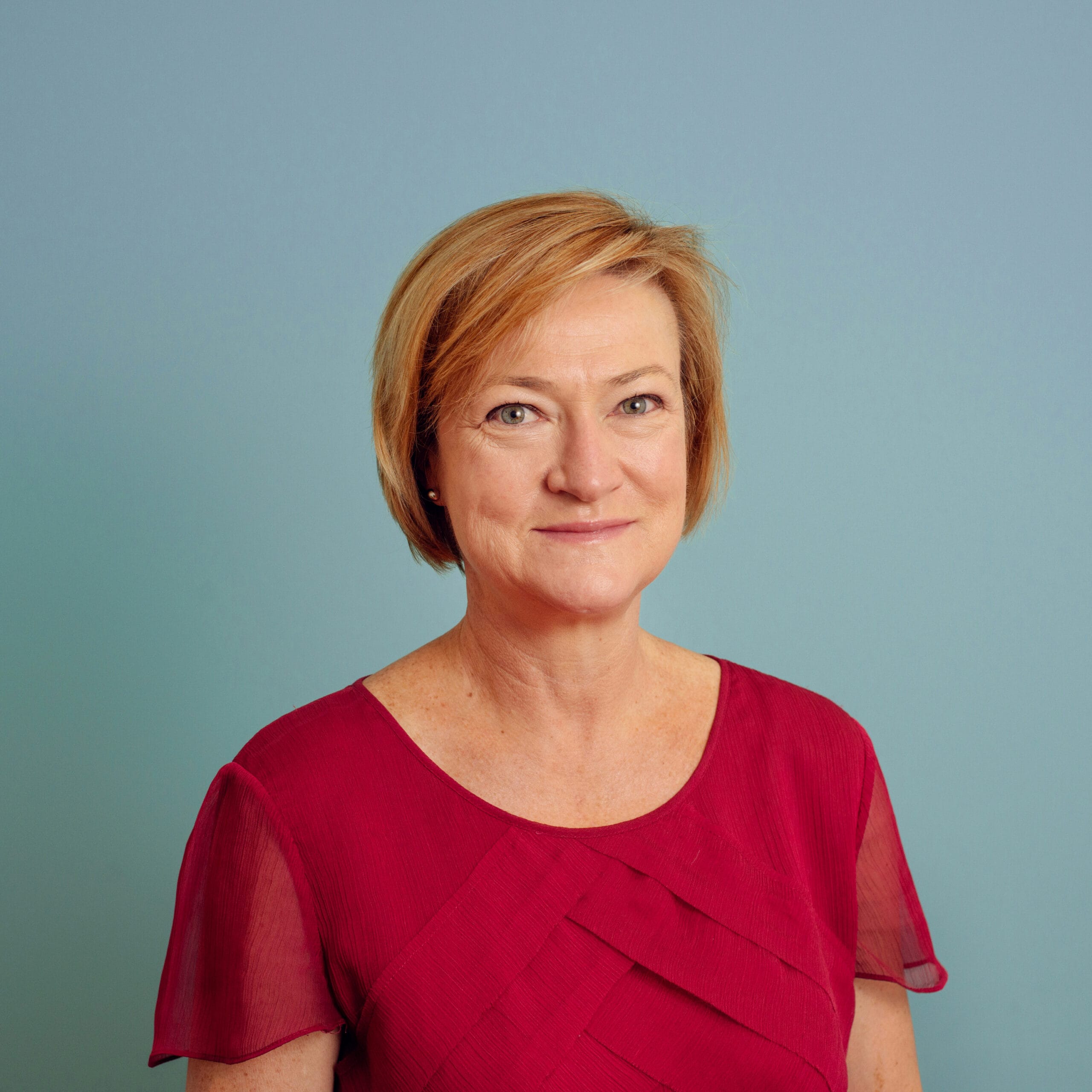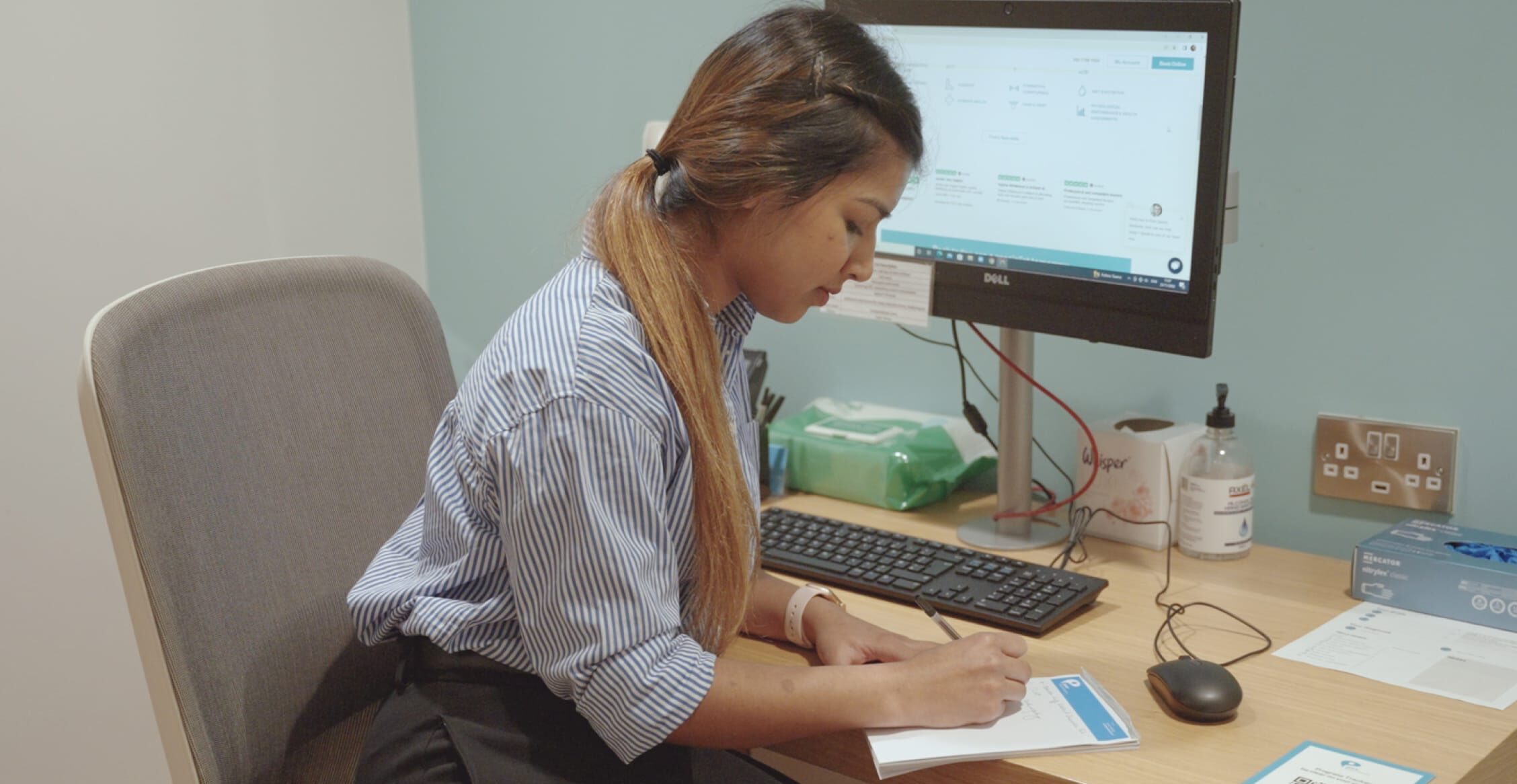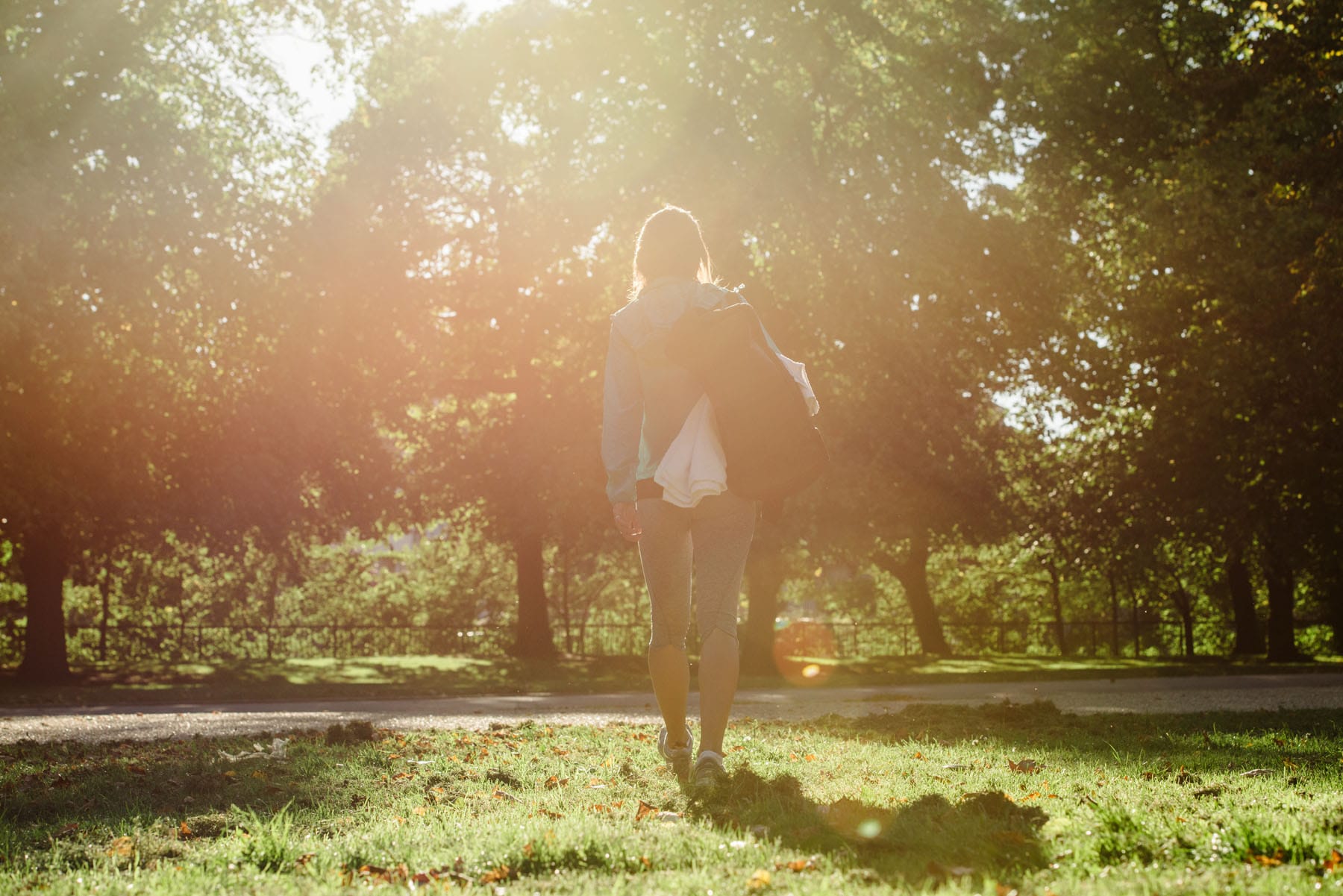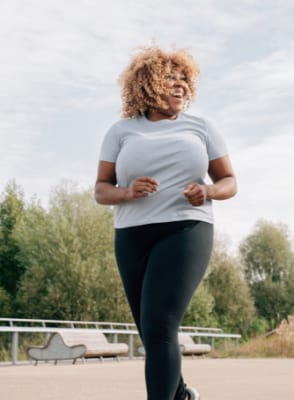Recovering from Coronavirus: Breathing Exercises

Claire Small
Chief Clinical Officer & Consultant Physiotherapist
- 20 April, 2020
- covid-19
- Exercise
- 3 min read
Recovery: Breathing Exercises For Covid

With so many people affected by COVID-19, it is inevitable that we’ll all know friends, family and work colleagues who have been affected. The latest information suggests that even with relatively mild cases, it is a really nasty virus to recover from, and people are struggling with shortness of breath, chest pain and activity levels for some time after the fever and cough have gone.
In the same way that aerobic exercise improves your heart function and strengthens your muscles, deep breathing exercises can make your lungs more efficient and may be a useful tool to aid your recovery if you are experiencing ongoing problems post COVID-19.
When you breathe in through your nose efficiently, your diaphragm does about 80% of the work to move oxygen and other gases in and out of your lungs. When you have had an illness like COVID-19, your lungs lose some of their springiness, meaning they don’t take oxygen in or let waste gases out as effectively, and air gets trapped in your lungs.
Over time, the diaphragm works less effectively, and we get less well oxygenated air into our lungs. We start to use other muscles around our neck and shoulders to help get more air in. Using these other muscles leads to several problems – lower oxygen levels generally, and less air getting to the bases of our lungs, where the lung volume is greatest. When the air fails to reach the bases of our lungs, the alveoli, the small air sacs where the lungs and blood stream exchange oxygen and carbon dioxide, deflate and collapse, a condition known as atelectasis.
Practice diaphragmatic breathing to help improve the function of the diaphragm, get more fresh air to the bases of our lungs, reduce atelectasis and generally improve the supply of oxygen to our lungs and bodies.
In the videos that follow, Pilates Instructor Lauren MacDonald demonstrates a range of breathing techniques that may be beneficial. Start slowly with 1-2 exercises and gradually build up as your energy levels allow you to. Do 2-3 repetitions of each exercise and try to do them about 4-5 times a day.
General Exercise
You should only return to physical activity once you are feeling better and can cope with your normal daily activities around the house. Return to exercise should be gradual and not within 7 days of being ill.
In the same way that you should progress slowly with these breathing exercises, you should also take things slowly with your general exercise level. Walking is the best form of general exercise to begin with – on a level surface – and for no more than 5 minutes. If you tolerate this comfortably, don’t be tempted to do more straight away. Wait until the next day and increase the amount of time or distance you walk by 10%.
Once you can walk comfortably for 30 minutes (ideally, you should be able to hold a conversation with someone while doing this), you can increase the challenge by walking more quickly or by adding in some hills and stairs. Continue to use the ability to talk as an indication that you are working at an appropriate level.
Many of you who are used to being fairly active may find this lower level of activity very frustrating. Don’t be tempted to push too quickly – you will just tire yourself out and find you are unable to progress on the next day. The key here is slow, steady and sustained increases in activity level – not boom and bust.
We understand that COVID and its consequences, such as lockdown life and working from home, have impacted us all. It has changed our lives, but it’s also likely that it’s affected our bodies in a number of different ways due to changes in our lifestyles. Whether you were able to use time wisely and become more active, found it tough to maintain exercise with gyms closed, or your working from home habits and conditions were not the best, your body would have reacted. To help, we are currently offering free 15-minute assessments, both virtually and in person, at any of our seven clinics. Your time with a member of our expert team will assess how the pandemic may have impacted you and your body and provide a tailored pathway to get you back to your best.

Advice
Over the last 20+ years our experts have helped more than 100,000 patients, but we don’t stop there. We also like to share our knowledge and insight to help people lead healthier lives, and here you will find our extensive library of advice on a variety of topics to help you do the same.
OUR ADVICE HUBS See all Advice Hubs

